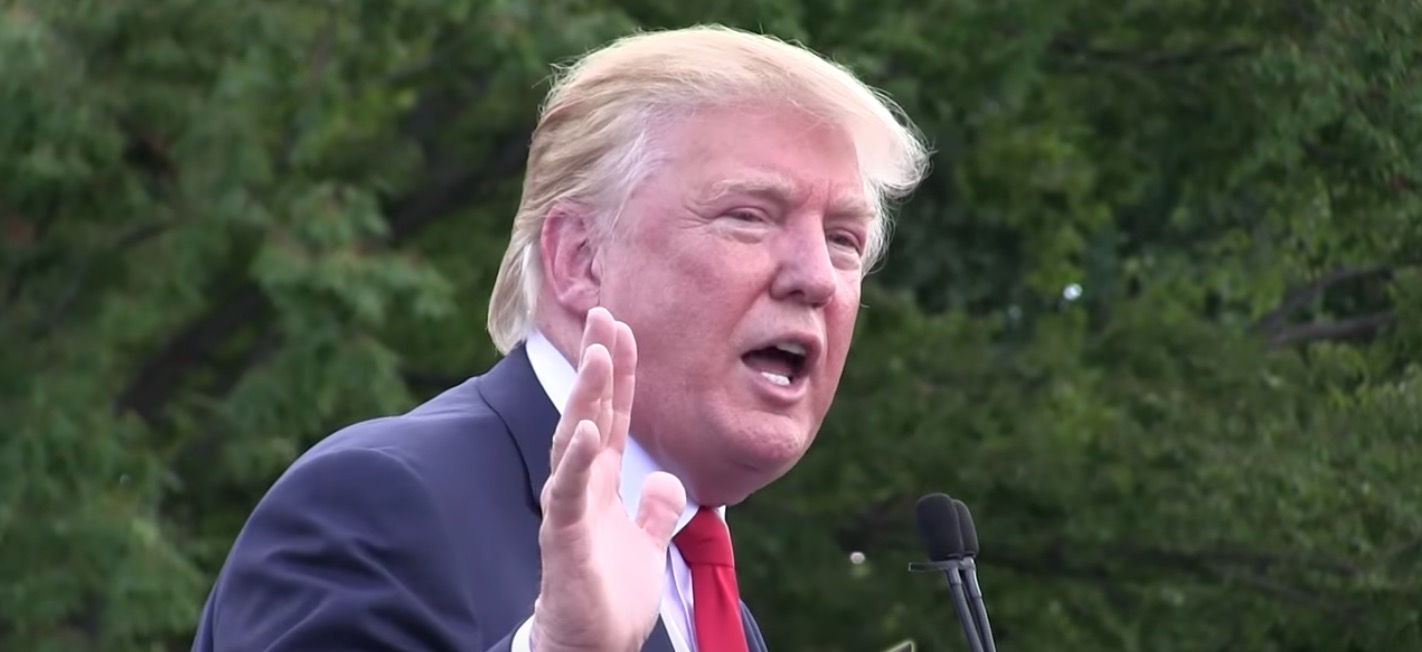According to Fox News, in 2014 federal agencies made $125 billion dollars worth of improper payments last year. Those payments included tax credits to those who did not qualify, Medicare payments for treatments that were probably not necessary and unemployment benefits to people who were working.
For several years the level of improper payments was starting to decline but last year it reached a new high. In addition to the improper payments the errors included over payments, underpayments, payments made without proper documentation and fraud.The errors were spread out among 22 different federal agencies but three programs in particular stood out. They were: Medicaid, Medicare and the Earned Income Tax Credit.
Those three programs in total accounted for more than $93 billion of the improper payments. This was according to a report by the Government Accountability Office released on Monday.
Do you think the 2nd Amendment will be destroyed by the Biden Administration?(2)
Senator Ron Johnson (WI-R), chairman of the Senate Committee on Homeland Security and Governmental Affairs said:
The Homeland Security and Government Affairs committee held a hearing Monday on reducing the improper payments. One of the suggestions was to improve death records maintained by the Social Security Administration.This taxpayer money was not spent securing our borders, it was not spent on national defense, and it was not spent contributing to a safety net for those in need. This is a problem that is going to get worse year after year if we do not get a handle on it now.
According to a report by the agency’s inspector general, Social Security does not have a death record for 6.5 million people who by all accounts would be at least 112 years old.
That is hard to believe. As of last fall there were only 42 people that old in the entire world.
President Obama’s administration has said reducing improper payments is a top priority.
David Mader, the controller at President Obama’s budget office said:
While progress has been made over the years, the time has come for a more aggressive strategy to reduce the levels of improper payments we currently are seeing.

















